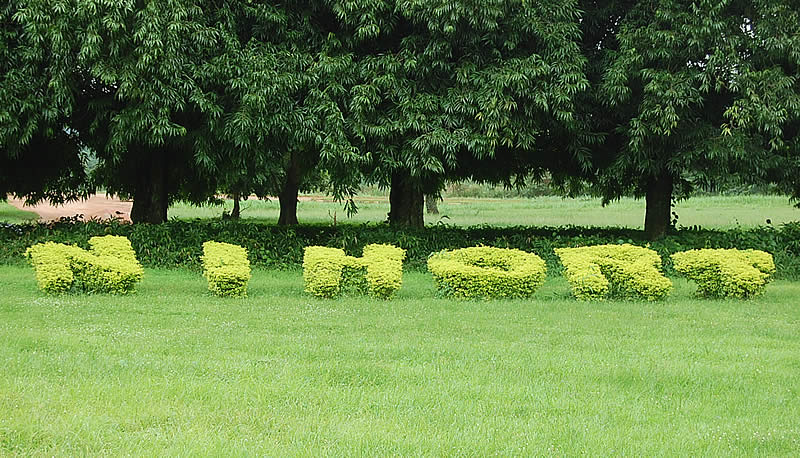The National Horticultural Research Institute (NIHORT) established the Horticultural Academy for Youths (HAY) to boost the training of youths on upland and lowland vegetable production using six different varieties of vegetables.
NIHORT Executive Director Muhammad Atanda, at the opening ceremony of the training, described the training as part of the ongoing efforts of the Federal Government, through the Ministry of Agriculture, to reduce unemployment among youths.
Atanda noted that the institute had been training youths over the years, stating that more than 600 participants had benefited from such trainings, and adding that the ongoing training is for people in the south-western part of the country.
NIHORT Trains Ondo farmers on Tomato Value Addition
“The training will build the capacity of our youths as part of the charge from the government and the Federal Ministry of Agriculture to train unemployed youths.” We have a platform for monitoring the participants. It is going to be training, monitoring, and mentoring.
“The mentorship would take nine months for both lowland and upland farming systems, which means both rain-fed and irrigation. “Our main aim is to make them embrace agriculture and build their capacity to produce crops along with our mandate for local and export consumption of vegetables,” he said.
NASC Destroys Vegetable Seeds Over False Information, Poor Packaging
The project coordinator for HAY, who is also the director of research at the institute, Dr. Olutola Oyedele, disclosed on her own that the institute had put in place facilitators and effective monitoring techniques, as well as provided land for the project.
“The essence is that whether lowland or upland, they will be able to cultivate these vegetables, and vegetables are what we consume daily, there is no household that does not eat one portion of vegetables daily,” Oyedele said.



